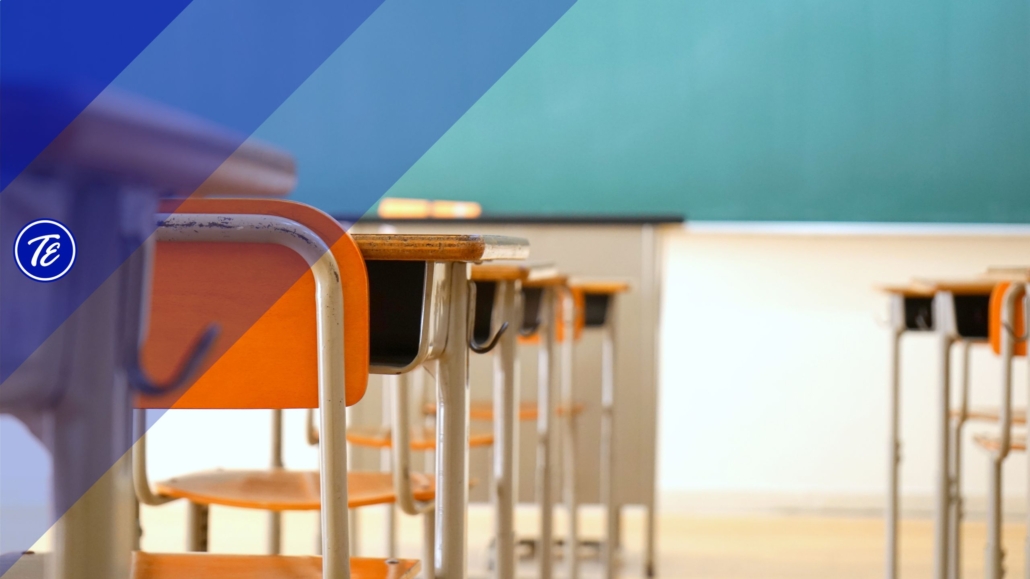Ministerial indications for the return to school 2023/24: protocol for students positive to COVID-19
On 10 August, a decree was published in the Official Journal abolishing the obligations of isolation and self-surveillance and amending the rules relating to the monitoring of the epidemiological situation caused by the spread of the SARSCoV2 virus.
Subsequently, the Ministry of Health issued a circular on 11 August, which, in view of the new regulatory framework without restrictions, offers guidelines on the behavior to be adopted in the event of a contraction of COVID-19.

The Ministerial Circular of 11 August 2023
The Ministerial Circular recommends that persons who test positive for SARSCoV-2 should take the same precautionary measures that are effective in preventing the spread of most respiratory infections, that is:
- use respiratory protection, such as a surgical mask or FFP2, when interacting with other people;
- stay at home until the symptoms disappear in case of symptomatic manifestations;
- frequently sanitize the hands;
- avoid crowded environments;
- avoid contact with vulnerable, immunodepressed individuals, pregnant women, and refrain from visiting hospitals or assisted health residences;
- inform people with whom you have had contact before diagnosis, especially if they are elderly or fragile;
- consult your doctor if you fall into the category of fragile or immunodepressed people, in case of persistence of symptoms over 3 days or a worsening of health conditions.
Positive contacts
As regards people who have had contact with positive individuals, there are no special restrictions or mandatory isolation measures. However, it is recommended to remain vigilant and carefully monitor your health for the appearance of any symptoms that might suggest a COVID-19 infection. These symptoms include fever, cough, sore throat, fatigue, and can manifest themselves in the days immediately following contact with a confirmed case of COVID-19.
In conclusion, even if there are no mandatory restrictions, it is essential to show social responsibility and solidarity, doing everything possible to prevent the spread of COVID-19 and protect the most vulnerable people in the community.
